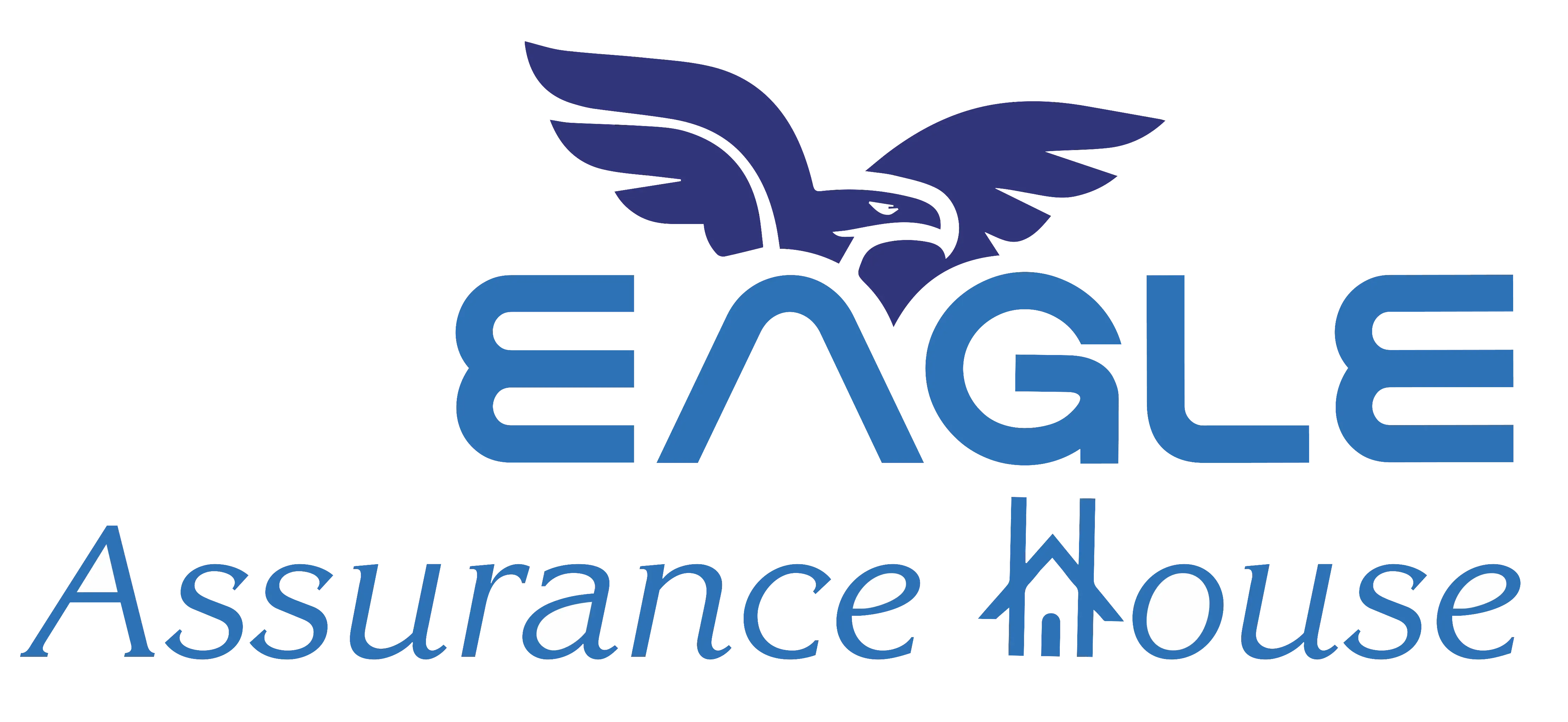
The Last Check Before Shipment








Pre-shipment inspection is a crucial quality control process conducted before goods are shipped to ensure they meet the specified standards and requirements. This step helps to verify that products are free from defects, comply with regulatory standards, and match the buyer's expectations. By conducting a thorough inspection before shipment, companies can minimize the risk of returns, customer dissatisfaction, and potential losses.


Pre-Shipment Inspection (PSI) is a vital quality control step that safeguards the integrity of products before they are shipped to customers. This process involves checking product quality, verifying compliance with standards, and ensuring that all specifications are met. By addressing common questions, we aim to clarify the importance and benefits of PSI in minimizing risks and ensuring customer satisfaction.
A Pre-Shipment Inspection typically includes checking the quantity and quality of goods, verifying product specifications, conducting functional tests, inspecting packaging and labeling, and ensuring compliance with regulatory and buyer-specific standards. Inspectors may also assess workmanship, safety, and the general appearance of the products.
A Pre-Shipment Inspection should be conducted when the production is at least 80% complete, with the goods packaged and ready for shipment. This timing allows for a thorough inspection while still providing time to address any issues before the products are dispatched.
A Pre-Shipment Inspection is important because it helps ensure that products meet the buyer’s quality standards, specifications, and compliance requirements before they leave the supplier's premises. This process reduces the risk of receiving defective or non-compliant goods, minimizes returns and rejections, and enhances customer satisfaction by delivering products that meet expectations.